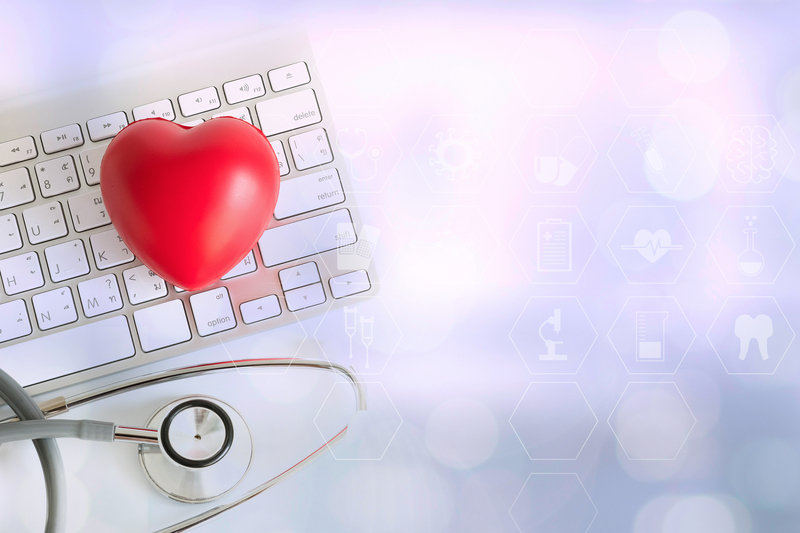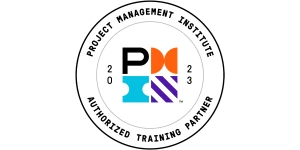Healthcare and Technology: The Unbeatable Combination
Healthcare is one of the top five industries being transformed by technological innovation. This industry has improved exponentially over the past few decades thanks to technology. Innovation remains high, and the healthcare sector continues to adopt new technology for better outcomes.
This article will examine different ways in which technology is transforming healthcare.
How technology is transforming healthcare
These are different ways technology is impacting the healthcare sector for good:
1. Telemedicine
Telemedicine involves providing remote clinical services. Patients can access care from the comfort of their homes as they communicate in real-time with a doctor. Although it seems trivial, telemedicine is much more than hopping on a video call with a doctor.
Doctors often need patients to be physically present to diagnose ailments. However, technological solutions are gradually putting this need aside. Patients now have access to remote patient monitoring (RPM) devices that let doctors monitor their vitals outside the hospital setting. Doctors and other healthcare professionals can get real-time information about the patient even though they aren’t physically present.
The rise of telemedicine is making work much more manageable for healthcare professionals and reducing hospital backlogs.
2. Wearables
Wearables are devices you can use while worn, the most common examples being smartwatches and smart glasses. Smartwatches offer many benefits in the medical field, enabling everyday users to track their vitals and feed the information in real-time to medical professionals.
Patients requiring constant monitoring can be sent home with wearables instead of staying inconveniently at the hospital. The wearable device gathers medical metrics, such as heart rate and sleep patterns, and sends them in real-time to the hospital. This way, doctors can raise an alarm if they observe anomalies.
Wearables are improving data-driven decision-making in the healthcare sector and lowering the cost of delivering effective care.
3. Robotics
Surgical robots are a reality, not science fiction. Many hospitals now use them to assist in minimally invasive surgery, and the outcomes have been successful. The most common example is a robot system with a camera and mechanical arms with surgical instruments attached. Surgeons give this robot instructions via a computer, and the robot operates on the patient as instructed. The camera system provides the surgeon with a high-definition, 3D view of the surgical area and enables them to work effectively.
Robots aren’t yet capable of surgically operating on patients without real-time guidance. However, with the exponential technology innovation in the medical sector, we might see that in a few decades. Robots make surgeries less stressful for the surgeon and more affordable for patients.
4. Artificial intelligence (AI) and machine learning (ML)
We can’t talk about innovation in the healthcare sector without mentioning artificial intelligence and machine learning. AI and ML systems can analyze vast swathes of medical data and diagnose ailments faster than human doctors. They optimize hospital resource allocation and help doctors deliver effective care more affordably.
AI systems also help analyze chemical compounds to formulate treatments for various diseases. Humans usually do this work, but they have limited time and energy. However, AI and ML systems can analyze chemical compounds at an exponentially higher rate, making it easier for researchers to discover new drugs.
5. Electronic health records (EHR)
The days of paper-based medical records have faded away. Most hospitals now utilize electronic health records (EHR) software to store and easily retrieve patient records. EHR tools ensure medical providers can quickly access relevant data on patients to provide the best treatments.
However, EHR tools are infamous for interoperability and compatibility issues. Transferring patient data from one hospital network to another is often difficult, which impedes smooth care. However, many health systems, insurers, and vendors are increasingly collaborating to remove this gridlock. EHR systems are becoming easier to use and integrate with other systems as time goes on, boosting patient outcomes globally.
Final words
Healthcare and technology are an unbeatable combination. You can hardly find an industry that has been boosted by technological innovations as much as healthcare. We’ve outlined the practical ways technology is transforming the healthcare sector. Expect more innovations to boost medical outcomes as time goes by—it’s exciting to be in the healthcare sector!
SixSigma.us offers both Live Virtual classes as well as Online Self-Paced training. Most option includes access to the same great Master Black Belt instructors that teach our World Class in-person sessions. Sign-up today!
Virtual Classroom Training Programs Self-Paced Online Training Programs








